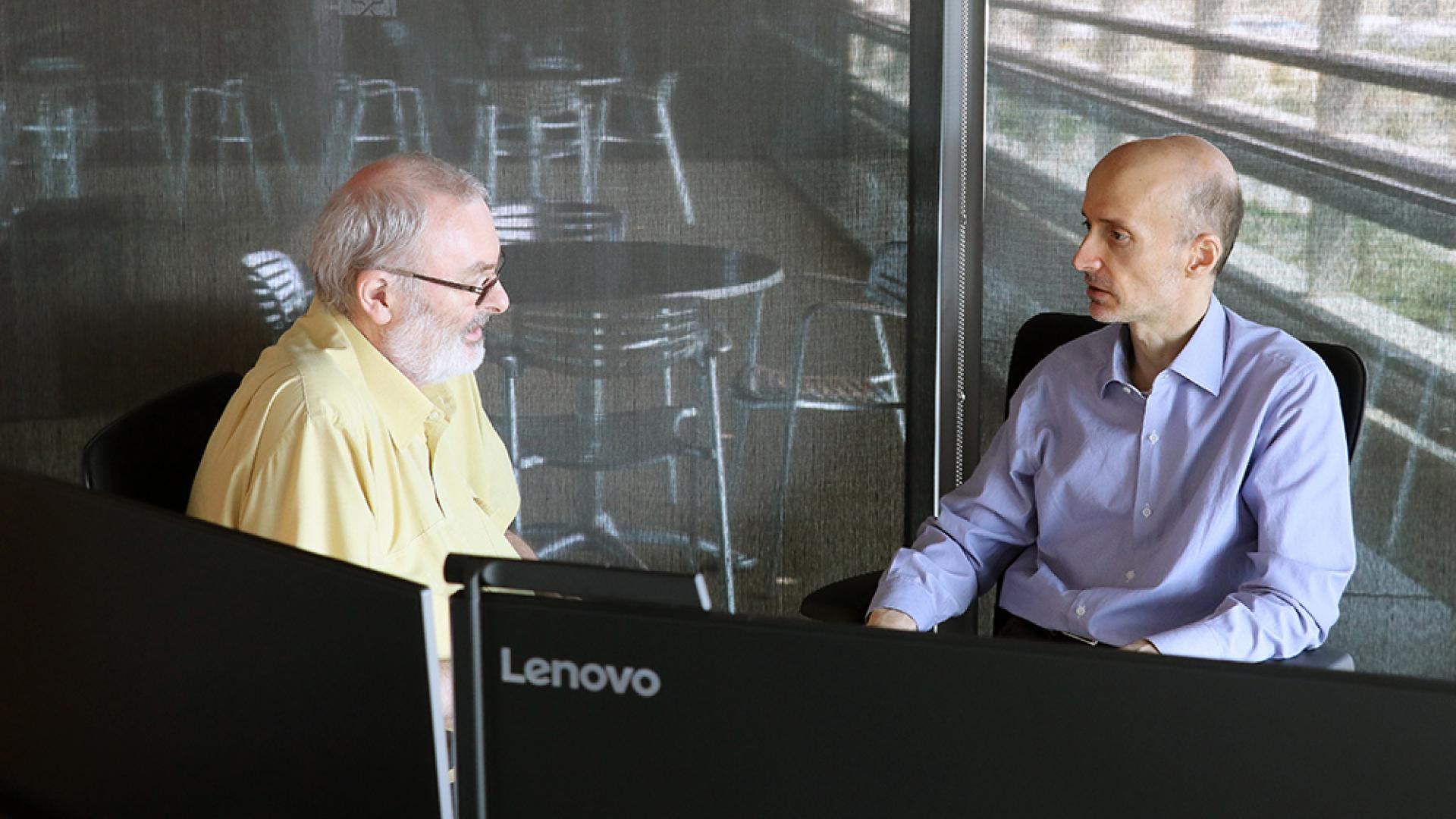By Rose Gregorio
A new patent, "Methylation biomarkers for breast cancer" (UPSTO Patent No. 9982307), was granted on May 29, 2018.
Developed by Professor Vladimir Bajic, Senior Bioinformatician Roberto Incitti and former Bioscience Core Lab Research Scientist Hicham Mansour, it uses a similar methodology as a previously granted patent, "Methylation biomarkers for prostate cancer" (USPTO Patent No. 9976187).
Breast cancer is the most common cancer in women around the world. In the United States, one in eight women is diagnosed with the disease. The American Cancer Society estimates that by the end of 2018, there will be 266,120 new breast cancer cases in the country alone.
The best way to fight breast cancer is through early detection. The most common screening test is a mammogram, which has around 87% accuracy rate in women over 50. However, there is also a 7 to 12% rate of false positives, which could cause unnecessary distress in women who receive the wrong results. "Methylation biomarkers for breast cancer", on the other hand, uses a highly accurate screening method with very little room for error.
"Our initial tests, which show proof of concept, indicate 98 to 100% accuracy," Dr. Incitti said.
This technology, based on taking a blood sample, could be preferable to a mammogram because it has a potentially higher rate of compliance in patients. Studies show that many patients fail to turn up to their mammogram appointments.
Dr. Incitti explained, "Mammograms are usually done via appointments, some of which end up being missed for a variety of reasons. It's not as straightforward as a walk-in."
"Methylation biomarkers for breast cancer" can be done upon the recommendation of the doctor and can be performed by a nurse right away. Results can be ready in a short period of time.
Another advantage of this technology is the price. While a regular mammogram can cost upwards of $100, "Methylation biomarkers for breast cancer" costs much less.
"With our method, we target a test which costs just a fraction of any other breast cancer screening method in the market today," Dr. Incitti said.
